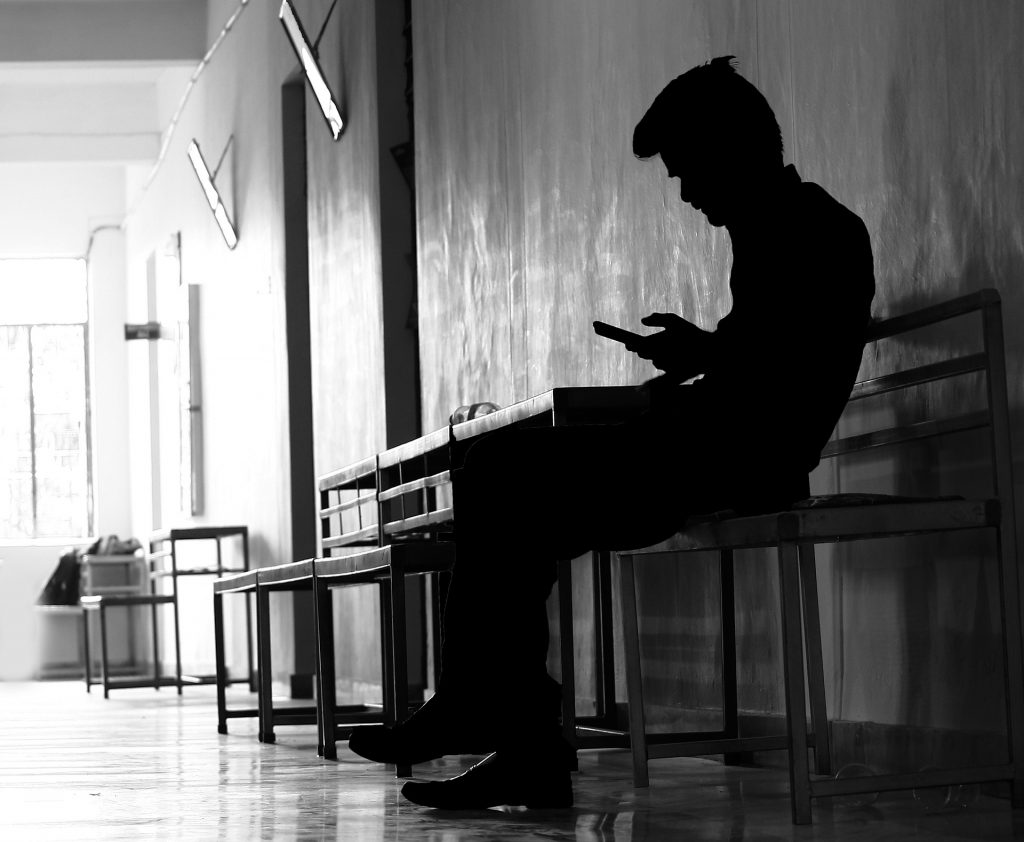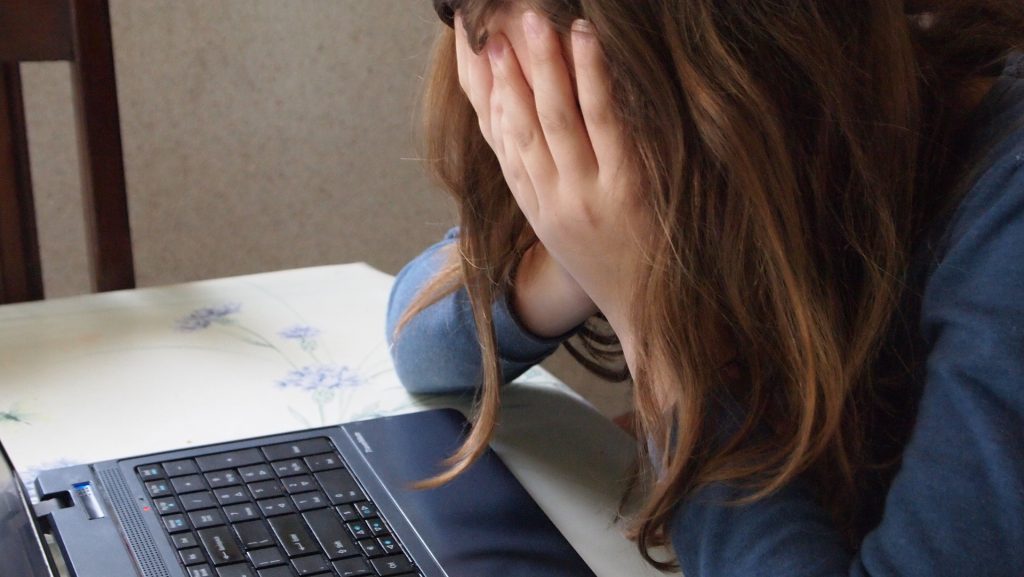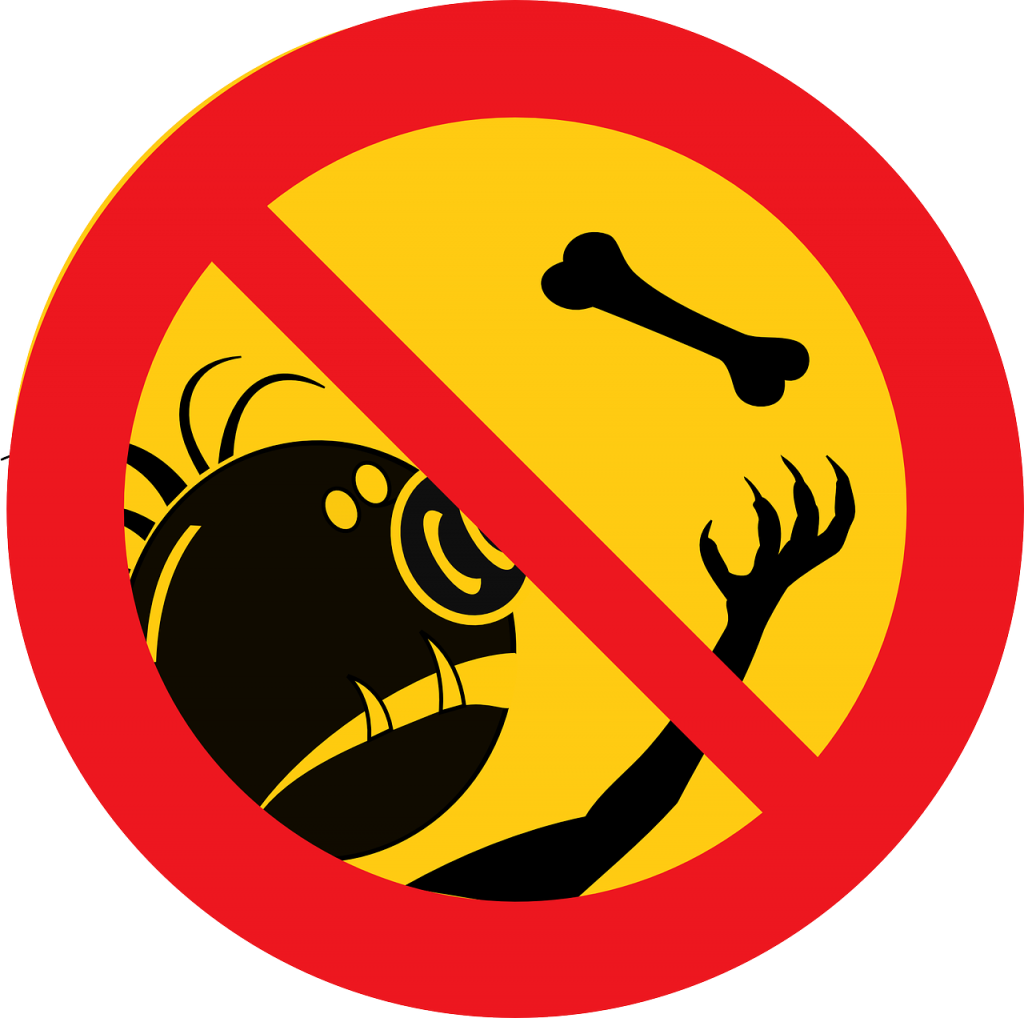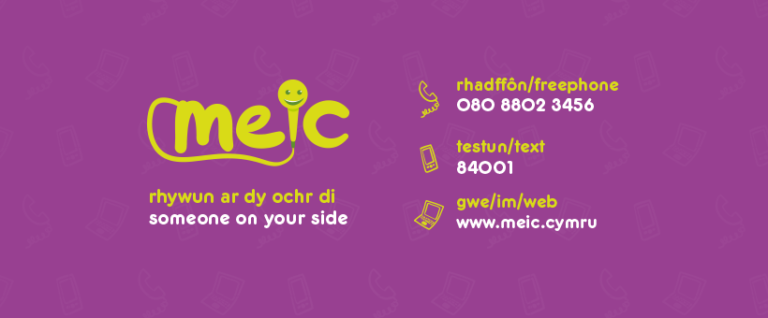10 Cyberbullying Facts and Tips

Cyberbullying is something that affects loads of people of every age. It can be a lot harder to escape than regular bullying because it invades your home through those tiny little screens. You can’t just go home and shut the door on it. If you want to know some cyberbullying facts, tips and help then read on. It could be helpful to you or someone you know.
I ddarllen yr erthygl hon yn Gymraeg, clicia yma.
1. It can happen anywhere
Cyberbullying is a form of bullying that takes place online or through a mobile phone. Social media websites or messaging services such as Facebook, Twitter, Instagram, Snapchat, WhatsApp etc. are all prime locations for cyberbullies. It can also happen through online gaming, instant messages or email.
2. It can happen to anyone
According to an NSPCC Childline report in 2016 there was an increase of 88% in the number of children and young people seeking help for cyberbullying over a period of 5 years (What children are telling us about bullying – Childline bullying report 2016).
It can happen for any reason, from fans attacking people who don’t hold the same affection as them towards a certain singer or band, to people commenting on a bikini photo in a negative way.
3. It comes in many different forms
Typical problems experienced by victims online include the spread of gossip or rumours, stolen identity or “Catfishing”, threats or blackmail or videos and images being posted without consent.
Young people questioned for the Childline report described: “malicious and hurtful messages being posted about them on their profiles, blogs, online pictures or posts…. from bullying and abusive comments… to directly telling the young person they should go and kill themselves”.
It happens on mobile phones too, it’s not simply a case of logging out as many people think is the solution. You can still get text messages, or anonymous phone calls, abusive voice messages and stolen identities are all common. It is also illegal. Continuous contact can be classed as harassment under the 1997 Protection from Harassment Act.
4. It’s not just for strangers.
Cyberbullying is a form of violence, control and power that one person inflicts on another. This can often turn into domestic violence and vice versa. In Women’s Aid Online Safety Survey 2015 of domestic abuse sufferers they found that 85% of those questioned received online abuse from a partner or ex-partner. Half said that the online abuse included direct threats to them or someone they know.
Shifts in culture are leading to a greater number of online and long distance relationships. Just because it’s happening through a screen doesn’t mean it’s not abuse – if you’re made to feel uncomfortable or get upset by what your partner is saying, talk to someone.
5. You could be a victim and a perpetrator
You may have been upset about a comment left about you online or have been harassed through the Internet but have you stopped to think that you might be guilty too?
Maybe you would never dream of calling yourself a bully but leaving a catty comment here or there may be doing more damage than you think. At risk as sounding like your mother, the phrase, “Treat others as you wish to be treated” comes into play here, whether you’re online or off!
6. How to protect yourself
Keep all private information to yourself no matter what. Don’t post pictures that may reveal where you live, your address or bank details. It might sound obvious but you’d be surprised at the amount of people who post photos of concert tickets or booking confirmations with their bank numbers/address on.
Choose a super safe password and write it down somewhere very secure. Pick a mixture of numbers and letters and don’t forget to use a capital letter somewhere. Remember – don’t tell anybody your password.
Set all your accounts to private. You control who sees what you post and who comments. Lots of apps have geotagging or location services, and if you’ve left these on then people will know where you are when you post. It might be best to switch these off.
7. What to do if you’re hacked
If you think your account has been hacked, change your password immediately. If you can’t log in, most social media operators have a password reset tool (try the relevant support site or ‘help’ button). You will be sent a new password by email or mobile phone. Just make sure you keep your email and mobile number up-to-date for the providers to send you a new password.
8. How to make it stop
Number one rule: DO NOT FEED THE TROLLS!
Take a screenshot and save any abuse you get – do not delete the evidence.
Don’t reply to any abusive comments. It can be hard but it’s better in the long run. Trolls (people who spreads negativity online for fun) feed off the attention – give then none and they’ll go away.
9. How to report it
Most social networking sites don’t allow abusive behaviour, including bullying, harassment, impersonation and identity theft. If you need to make a complaint, check which terms and conditions have been breached. Take a screenshot of the comment or photo as evidence and get in touch with the site operators. You can report bullying on Facebook and Twitter easily by clicking on the three dots or arrow in the top right hand corner and giving feedback/reporting the post. Check out the following advice from each of the popular social media apps:
- Facebook – Bullying Prevention Hub
- Twitter – Abuse help pages
- Snapchat – Report Abuse on Snapchat
- WhatsApp – Staying Safe on WhatsApp
- Instagram – Reporting harassment or bullying on Instagram
If you’re receiving upsetting or inappropriate texts and/or calls, report the bullying to your mobile network provider. You can easily change your number if you’re repeatedly bullied through your phone or have unrecognised numbers blocked – you can block numbers on your phone yourself too.
10. Help is at hand
Tell someone you trust, so they can help you get to the bottom of what’s happening. Together you can decide how best to address it – don’t suffer alone!
If you’re getting serious or repeated threats then you should call the police immediately on 999. If they can’t provide the right help, then they can put you in touch with the right people
Call Meic. We’re here for you when you need to speak to someone about anything that is worrying you. Meic is an information and advocacy helpline for children and young people aged 0-25 in Wales. We are open 8am to midnight, 7 days a week. You can contact us free on the phone (080880 23456), text message (84001) or online chat.























